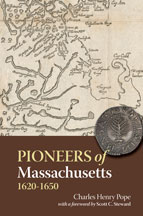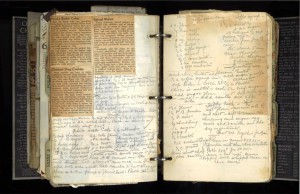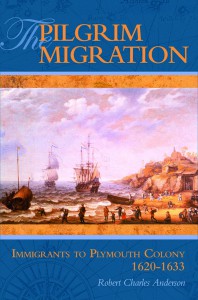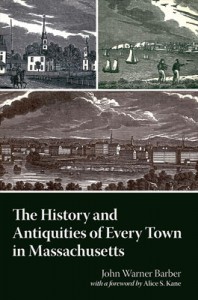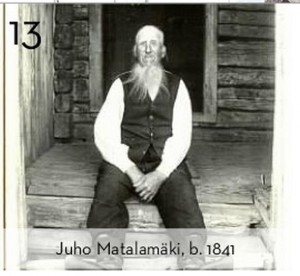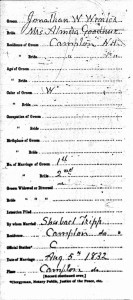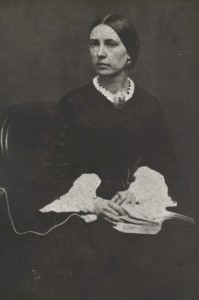
As part of his schoolwork, my nephew is working on a family tree showing his forebears. The assignment seems fairly flexible: Show as many ancestors as you can, or, if you don’t have much information, focus in greater depth on the more recent ones you do know.
My brother-in-law is just getting started on his genealogy, so I suggested beginning with what he knew: the identities of his parents and grandparents. I pointed Christopher toward the California Birth Index, 1905-1995, as he should be listed there, and toward Lindsay Fulton’s Vita Brevis post on Social Security Administration applications, since information on his twentieth-century ancestors will be found in those files. Continue reading Getting the picture, or, reflections on research
